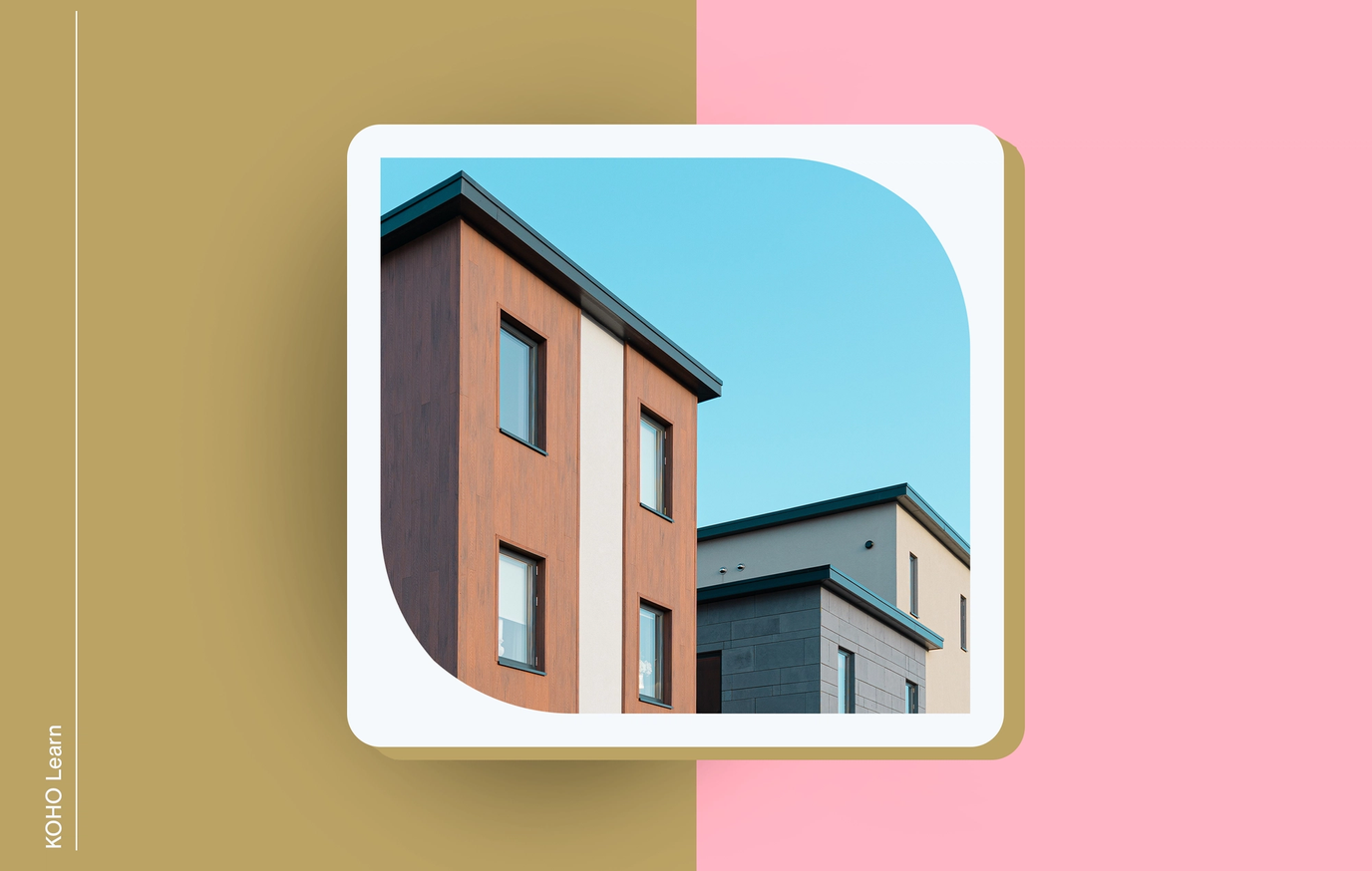
Buying your first home can be overwhelming — especially if your credit is less than perfect. Even if you have the finances to afford a down payment and mortgage, if your credit score is too low, lenders are more likely to consider you a risky borrower and turn your home loan down.
If you’re thinking about buying a home, here’s what you need to know about credit scores and mortgages.
What's the lowest credit score mortgage lenders will approve?
Your credit report shows lenders how you manage credit accounts. If you have a history of late payments or heavily used credit accounts, this often leads lenders to believe you’re having money problems. Your credit score is a quick way lenders can assess whether or not you’re a lower-risk mortgage applicant.
Credit scores range from 300 to 900 in Canada. Here’s a breakdown of what your individual score means, according to credit bureau Equifax.
Bad Credit to Buy a Home- Know the Rages
Score type
Below 560 - Poor or bad
560 to 659-Fair
660 to 724 - Good
725 to 759 - Very good
760 and up - Excellent
In Canada, you or another borrower on your home loan application must have a minimum credit score of at least 680 to get approved for a mortgage by most lenders.
What is a Bad Credit Score to Buy a Home With
There are five factors that make up your credit score, but the two most important ones are your payment history and credit utilization.
A strong payment history — paying your debts on time and in full — has the largest impact on your credit score and will help you build a strong credit report over time.
Your credit utilization — how much credit you use versus how much is available to you — is another big factor. Experts generally recommend using less than 30% of your available credit. Going over this amount could signal that you’re having financial problems and need to rely on credit.
If your score is below 680 and falls into the “fair” or “bad” categories, lenders will see you as a borrower who is more likely to default on your mortgage. Since a mortgage lender is offering you a significant amount of money — usually hundreds of thousands — it needs to ensure it will receive payments back. If a lender thinks you won’t be able to pay them back in full for your home loan, they won’t approve your application. This is one of the biggest reasons why a low credit score can hurt your chances of getting a loan- it shows you have trouble managing money and your finances. That is a risk many big financial institutions and banks are simply not willing to take.
How To Get a Bad Credit Mortgage
While it’s more difficult to get a mortgage with a credit score lower than 680, it’s not impossible. There are usually options available for bad credit mortgage loans that you might be able to qualify for. You can look for alternative mortgage lenders outside of Canada’s big banks, as they will be more likely to consider a bad credit mortgage than typical lenders will be. Online mortgage lenders, private lenders, online secured accounts, credit unions, and Caisses populaires may look beyond your credit score at other factors like your income. With these special considerations, you can more easily qualify for a loan with their bad credit mortgage lender options.
Bad credit mortgage lender options can also be customized to a certain extent, so you might be able to get something that fits your specific needs and limitations. You can also boost your chances of mortgage approval by applying with another borrower who has a higher credit score. And, if you can, putting down a larger down payment may also persuade a lender to offer you a home loan, even if your score is on the lower end, according to the credit bureaus.
But if these options won’t work for you, the best way to get approved for a mortgage is to work on your credit score. Even bad credit mortgage lenders will look more favourably on you if your poor score is higher than others applying for the same loan. It is important to also note that there are no set minimum credit score requirements to get a loan, but the better your score, the better your odds are of getting a good mortgage broker deal.
Tips To Boost Bad Credit Scores Before Buying a Home
Once you’re ready to buy a home, you should check in on your credit score. Boosting your score even a few points can make it easier to get approved for a home loan. Having a higher score can also help you get a lower interest rate and a larger home loan. It can also save you the hassle of trying to qualify for a smaller loan or being tied down by the limitations of a bad credit mortgage.
Here are some simple ways to boost your credit score and make your credit report look more appealing to lenders:
Always pay your credit bills on time
Enroll in autopay or set up a calendar invite to make sure you never pay a bill late again. Since payment history is the biggest factor that determines your credit score, building a strong credit history of on-time payments will help you boost your credit score more significantly over time. Timely payments are one of the most critical components of your credit score, and it impacts your credit report in a very powerful way.
Keep your credit utilization low
Don’t spend more than 30% of your credit line at one time to keep your credit utilization ratio low and to avoid red flags on your credit report. Lenders will consider you riskier if your spending goes above this amount. So, if you have a $1,000 credit line, charge $300 or less on your card before paying it off. And if you can, keep your utilization even lower than this recommendation to keep your credit score as high as possible.
Pay off credit card charges as you go
To avoid falling into debt and missing payments, pay off your credit card purchases as soon as you charge them. While this can take more time to manage, it will ensure your card’s always paid in full and keep your credit utilization near 0%. Your credit report highlights how much balance you carry on all of your cards and loans, so it is something a lender is going to consider when making a decision.
Don’t open too many credit accounts at once
While maintaining a good mix of credit is good for your score, opening too many credit accounts at once could backfire. The credit bureaus may view this not on your credit report as a sign that you need access to credit to stay afloat financially — and your score could drop slightly.
How to Protect Your Good Credit Score
Once you begin building your credit and establishing healthy money habits, you’ll want to keep your score protected — and grow it even more. To do this, continue to always pay your credit card bill in full and on time each month and keep your spending low.
You want to keep your credit profile fairly boring. Don’t apply for a large loan or huge line of credit before applying for a mortgage. Instead, lenders prefer to see a steady history of on-time payments, with no surprise recent large credit requests. It will make you seem like less of a risk to lenders and can open doors for loan options other than bad credit mortgages.
Build Your Credit With a KOHO Credit Building Product
If you’re not sure where to start on your credit-building journey, a credit card designed to help you grow your credit is a great place. Using a credit card regularly and paying your balance in full is one of the fastest ways to increase your credit score. And KOHO offers affordable credit-building solutions that can help you improve and protect your credit scores range.
The KOHO credit-building card gives you access to a line of credit that you can start using to establish your credit profile and add positive items to your credit report. Even if you have bad credit, you’re likely to get approved for a KOHO credit card. You can even earn rewards for your spending and be rewarded for the smart choices you make while building up your credit history.
To start boosting your credit score so you can buy the home of your dreams without being tied down by a bad credit mortgage loan, sign up at https://www.koho.ca/credit-building/.

About the author
Courtney is a professional writer, editor and financial literacy enthusiast. You can find her writing on CNET, Investopedia, The Motley Fool, Yahoo Finance, MSN and The Balance. She spends her free time exploring different cities across the globe or enjoy some downtime with her two cats and one dog.
Read more about this author